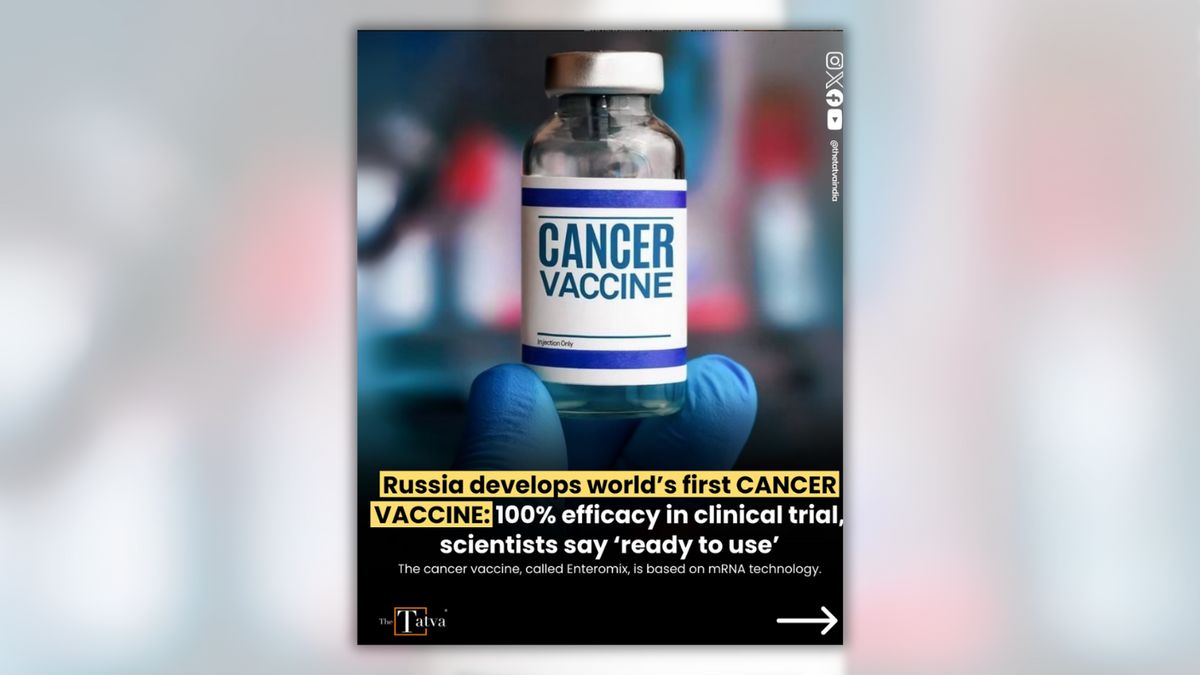Recent claims regarding a Russian cancer vaccine ready for clinical use have sparked considerable interest and confusion. Social media posts and news outlets reported that a vaccine, described as an mRNA vaccine called Enteromix, was set to be available for free to patients. However, these claims appear to misrepresent the status and nature of the vaccines currently under development in Russia.
In September 2025, various online platforms circulated information suggesting that Russia had announced a cancer vaccine ready for widespread use. Many posts inaccurately characterized the vaccine as the mRNA vaccine known as Enteromix, claiming it demonstrated “100% efficacy and safety” in initial trials. An Instagram post alone garnered over 300,000 likes, while another attracted 175,000 likes. Facebook and X also saw similar claims with limited details, merely stating that a Russian cancer vaccine was prepared for clinical application.
Clarification is necessary regarding the vaccines mentioned in these claims. According to reports from TASS, Russia’s government-run news agency, a vaccine specifically targeting colorectal cancer is indeed ready for clinical use. However, this should not be conflated with the broader mRNA vaccine development or Enteromix, both of which remain in the trial phase.
Understanding the Different Vaccines
The confusion largely stems from the combination of information about three distinct cancer vaccines being developed in Russia. The vaccine that has officially been announced for clinical use targets colorectal cancer specifically. Meanwhile, Russian scientists are also advancing research on two other vaccines: one utilizing mRNA technology and another known as Enteromix, which employs cancer-fighting viruses. Both of these candidates are still undergoing trials and are not yet prepared for public distribution.
It is crucial to note that none of the claims regarding the readiness of Enteromix as an mRNA vaccine for clinical use were substantiated by the Russian government or verified sources. The misinformation appears to have originated from a misinterpretation of reports, particularly one from TASS dated September 6, 2025.
The Impact of Misinformation
The rapid spread of these misleading claims underscores the importance of verifying information concerning medical advancements. While the announcement of any new treatment can generate excitement and hope, it is imperative to distinguish between confirmed facts and speculative reports. The public’s health decisions should be based on accurate information, particularly when it comes to serious conditions like cancer.
As research continues, the development of effective cancer vaccines remains a promising area of study. For now, clarity surrounding the status of these vaccines is essential to prevent further misinformation and to ensure that patients and the public receive trustworthy updates about health advancements.







































































